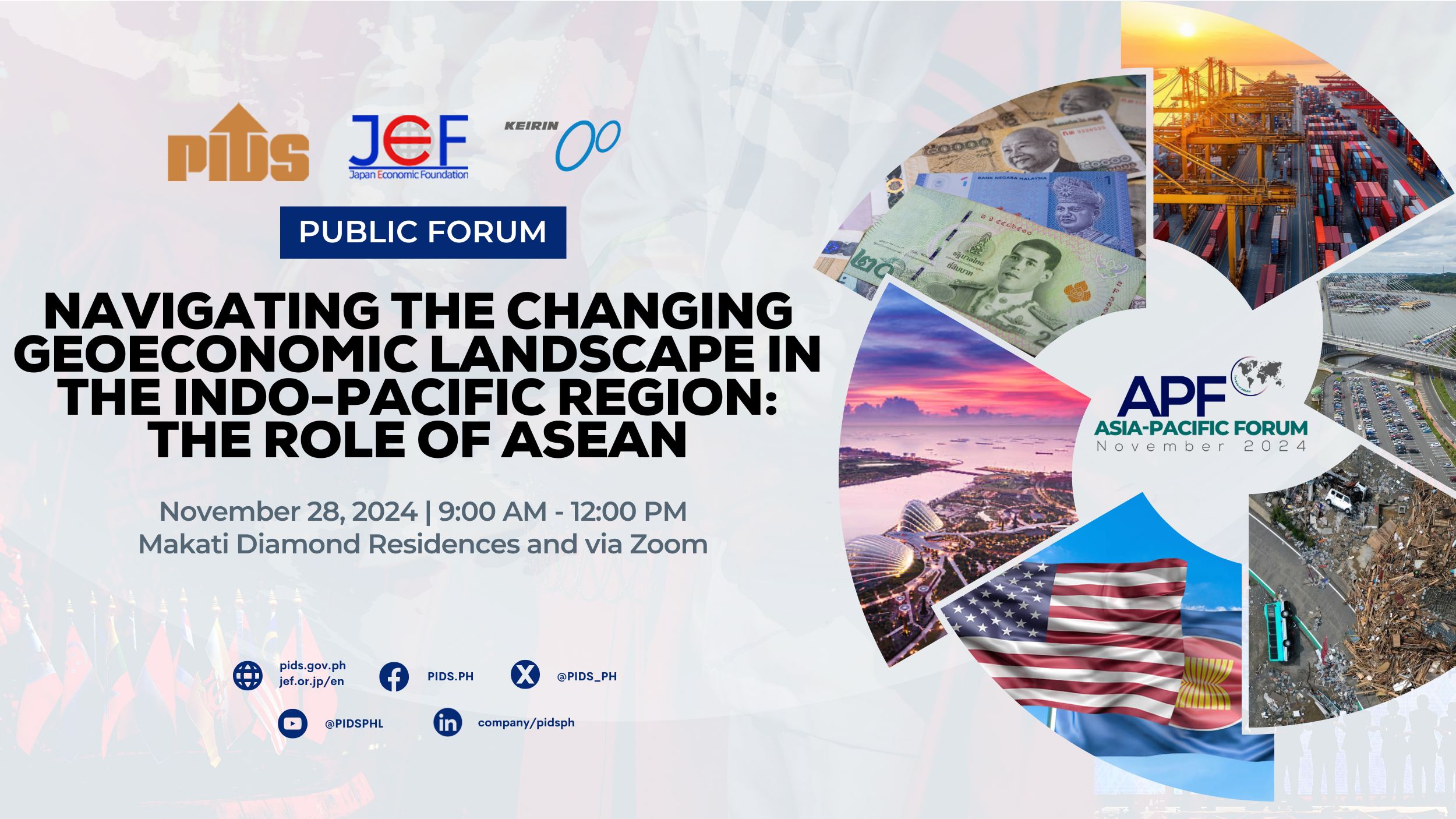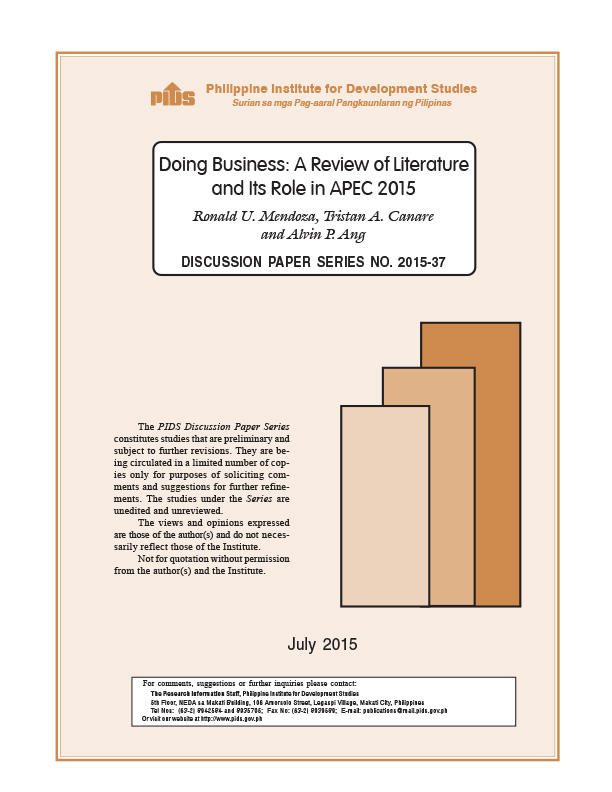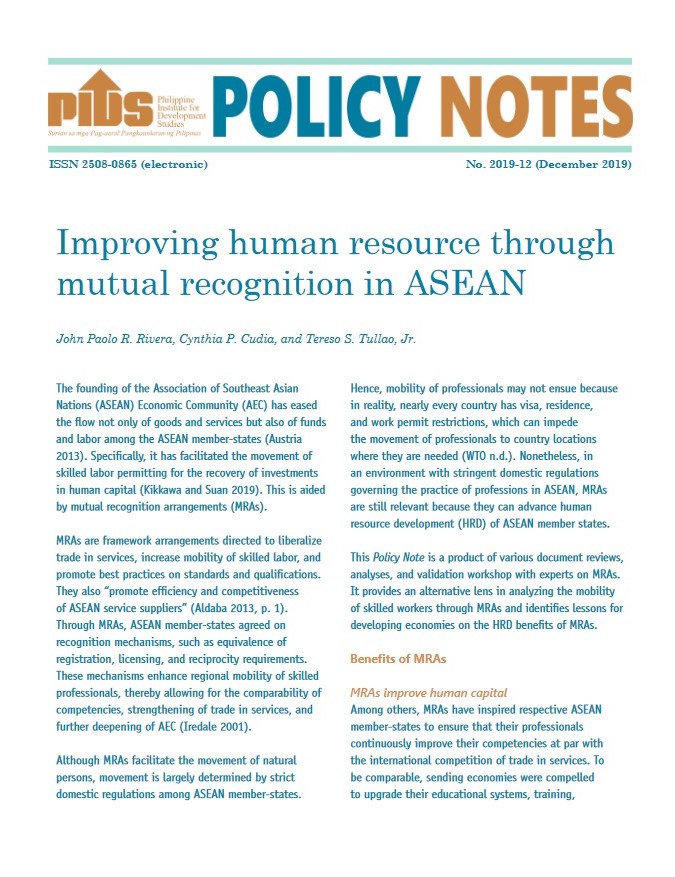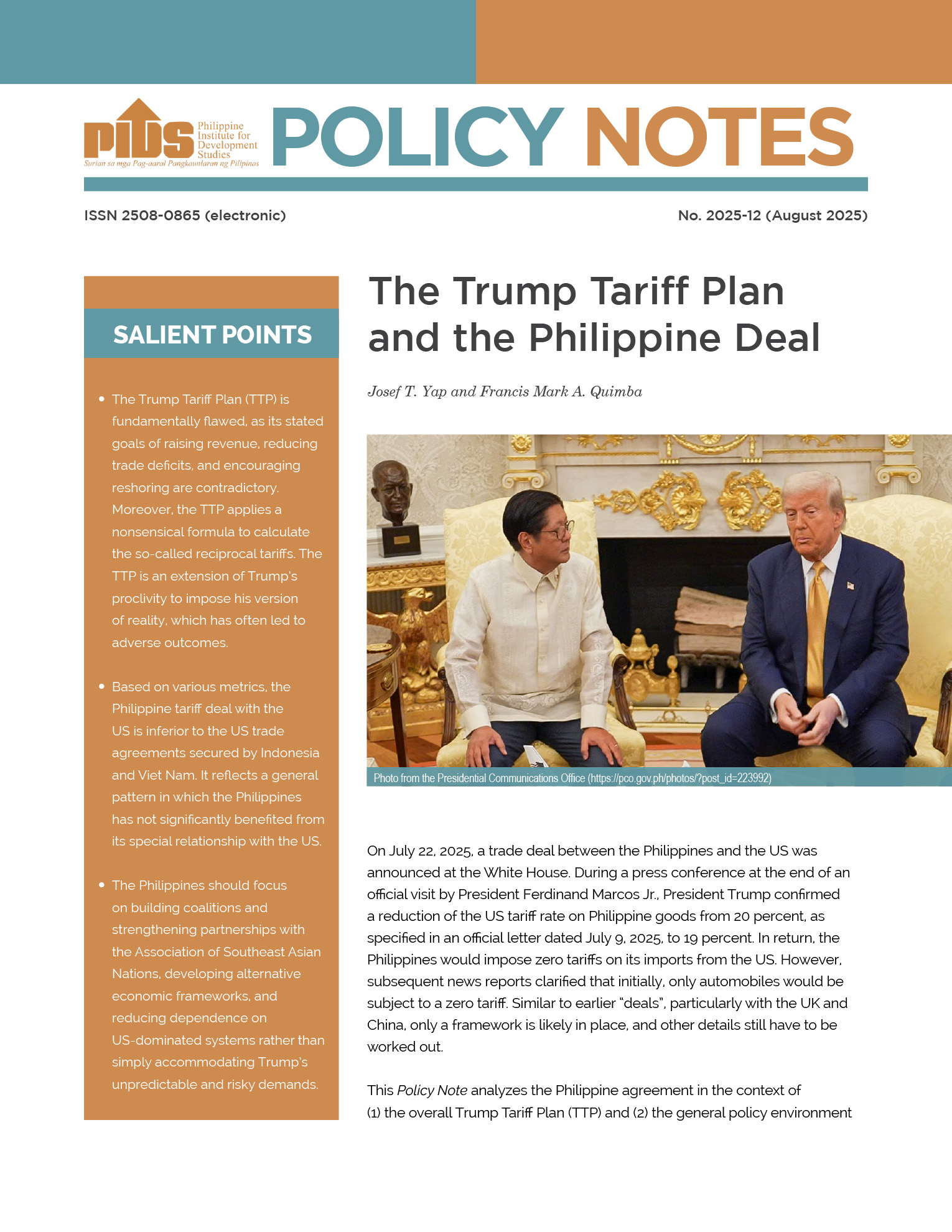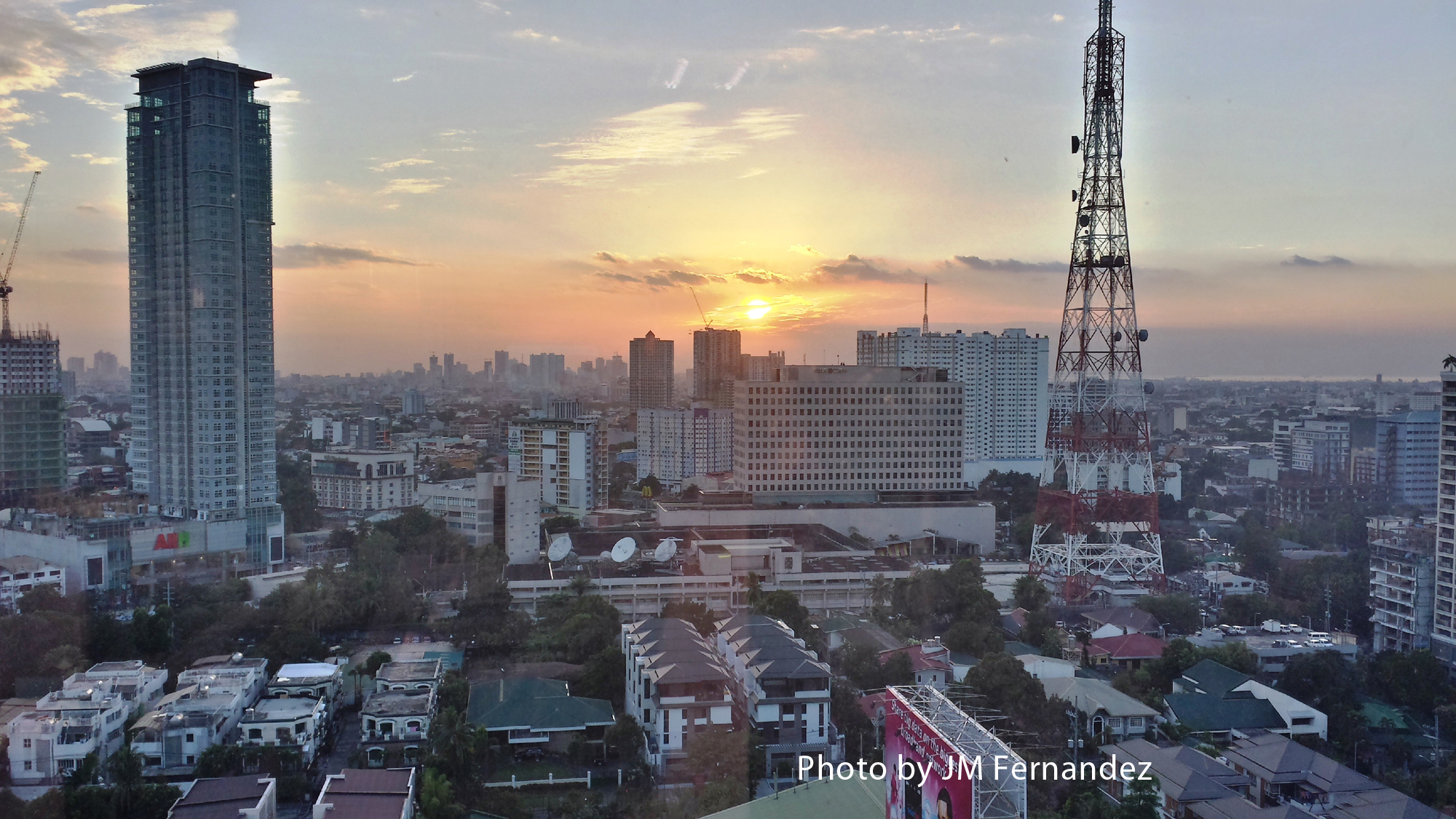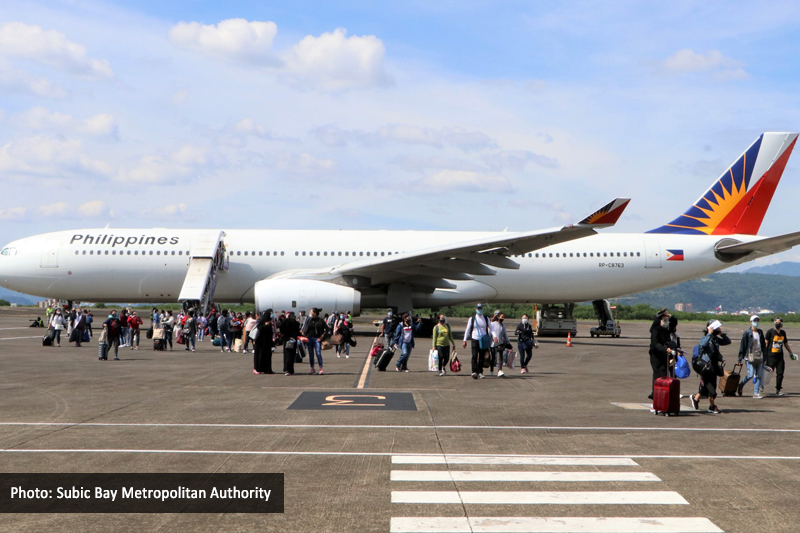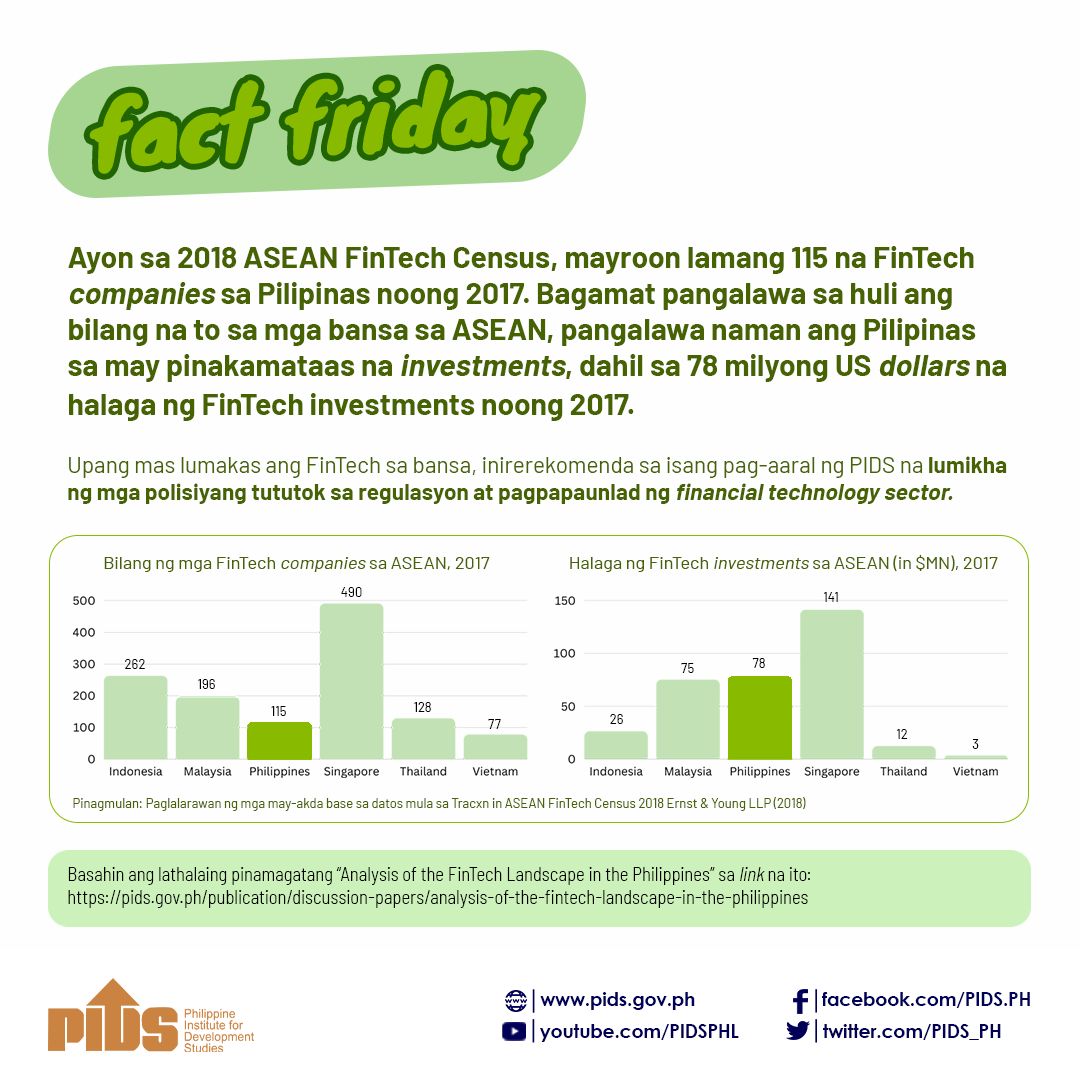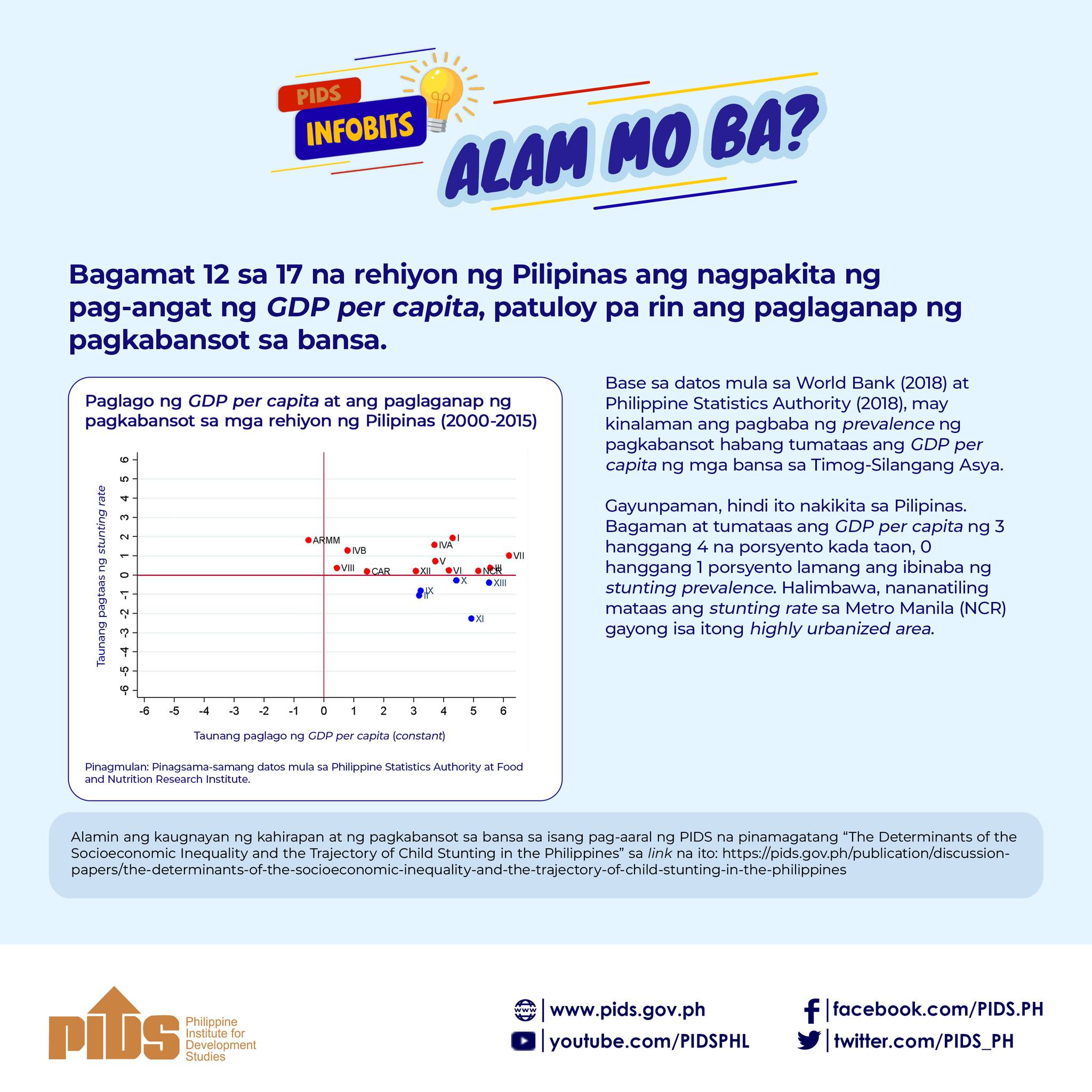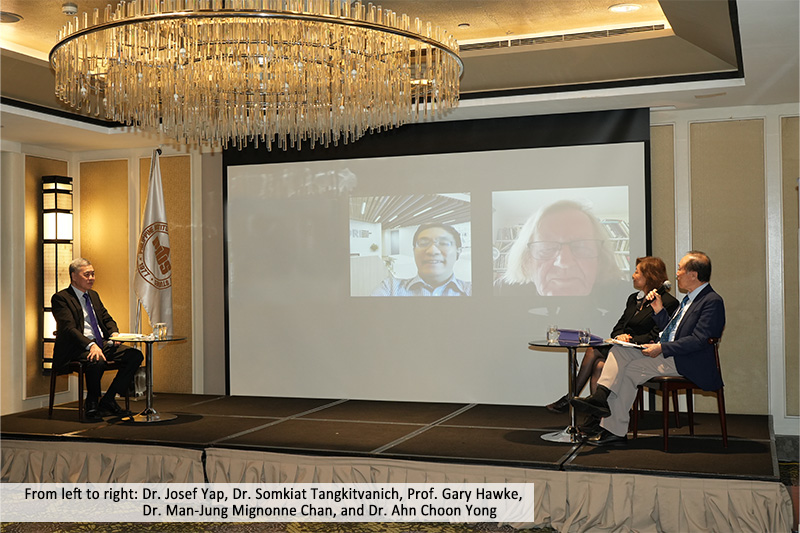
The Asia Pacific Forum 2024 explored the challenges posed by evolving U.S. policies and their potential implications on trade, economic stability, and regional cooperation. It also highlighted the importance of the Association of Southeast Asian Nations’ (ASEAN) in maintaining unity and neutrality while adapting to global transformations.
The forum was organized by the Philippine Institute for Development Studies (PIDS) in partnership with the Japan Economic Foundation (JEF), bringing together distinguished experts to discuss the ASEAN’s critical role in navigating the shifting geo-economic landscape of the Asia-Pacific region.
Themed “Navigating the Changing Geoeconomic Landscape in the Indo-Pacific Region: The Role of ASEAN”, it opened with a reflection on ASEAN’s historical commitment to neutrality amidst the complexities of foreign policy. Former PIDS President Dr. Josef Yap moderated the discussion, exploring the intersection of values such as sovereignty and democracy with security and economic interests. This underscored ASEAN’s evolving role, influenced by U.S. leadership and institutions such as the United Nations and the Regional Comprehensive Economic Partnership (RCEP). “Moving forward will require collective action, with ASEAN likely to play a central role,” Dr. Yap emphasized.
Dr. Man-Jung Mignonne Chan, Deputy Director of the Taiwan Center for Security Studies, delved into Taiwan’s adjustments in response to U.S. policy shifts, focusing on high-tech supply chains, defense spending, and cross-strait trade relations. She pointed to how Taiwan’s need to realign its chip manufacturing under U.S. pressure could reshape global supply chains. “Taiwan may need to reshuffle supply chains by allocating manufacturing bases in the U.S., Japan, and Germany, while also investing in Vietnam, Mexico, and India to link with global markets,” Dr. Chan explained, noting that Taiwan’s response will be both demanding and complex especially in light of evolving U.S. economic policies.
Meanwhile, Dr. Ahn Choon Yong, Professor Emeritus at Chung-Ang University analyzed the economic policies of the incoming U.S. administration, emphasizing their potential to disrupt trade and heighten economic fragmentation. With protectionist measures, corporate tax cuts, and stricter immigration controls on the horizon, Yong warned of inflationary pressures and economic instability in the Asia-Pacific region. “Asia-Pacific economies should maintain constructive alignment to avoid completely undermining the multilateralism of the World Trade Organization (WTO),” Ahn said. This approach ensures that the region remains engaged in collaborative efforts while supporting the broader framework of international trade.
Speaking remotely, President of the Thailand Development Research Institute Dr. Somkiat Tangkitvanich spotlighted ASEAN’s response to U.S.-China competition. He discussed the region’s growing significance in global trade as manufacturing shifts from China to Southeast Asia but cautioned about the risks posed by U.S. tariff policies. Dr. Somkiat stressed the importance of ASEAN’s unity and stronger collaboration with partners like Japan to overcome trade and sustainability challenges. He concluded that we need to cooperate more deeply, not only in terms of trade but also in terms of sustainability, reduction of greenhouse gas emissions, food security, and tourism, among others.
Wrapping up the discussions, Professor Gary Hawke, Emeritus Professor at Victoria University of Wellington, reflected on the broader implications of the evolving global economic order. He emphasized the need to preserve WTO principles while exploring agreements in emerging sectors like e-commerce and environmental goods. He also cautioned against framing issues as security versus economics, advocating instead for a more holistic approach to international relations. ASEAN’s achievements in fostering regional cooperation were further acknowledged, with a call to uphold unity amidst external pressures.
“It is crucial to preserve what has been the thrust of ASEAN and Southeast Asia. This conviction reinforces the belief that cooperation is the right approach in navigating a very different international environment,” said Prof. Hawke.
Watch the recording of the public forum here: bit.ly/pidslive112804.

